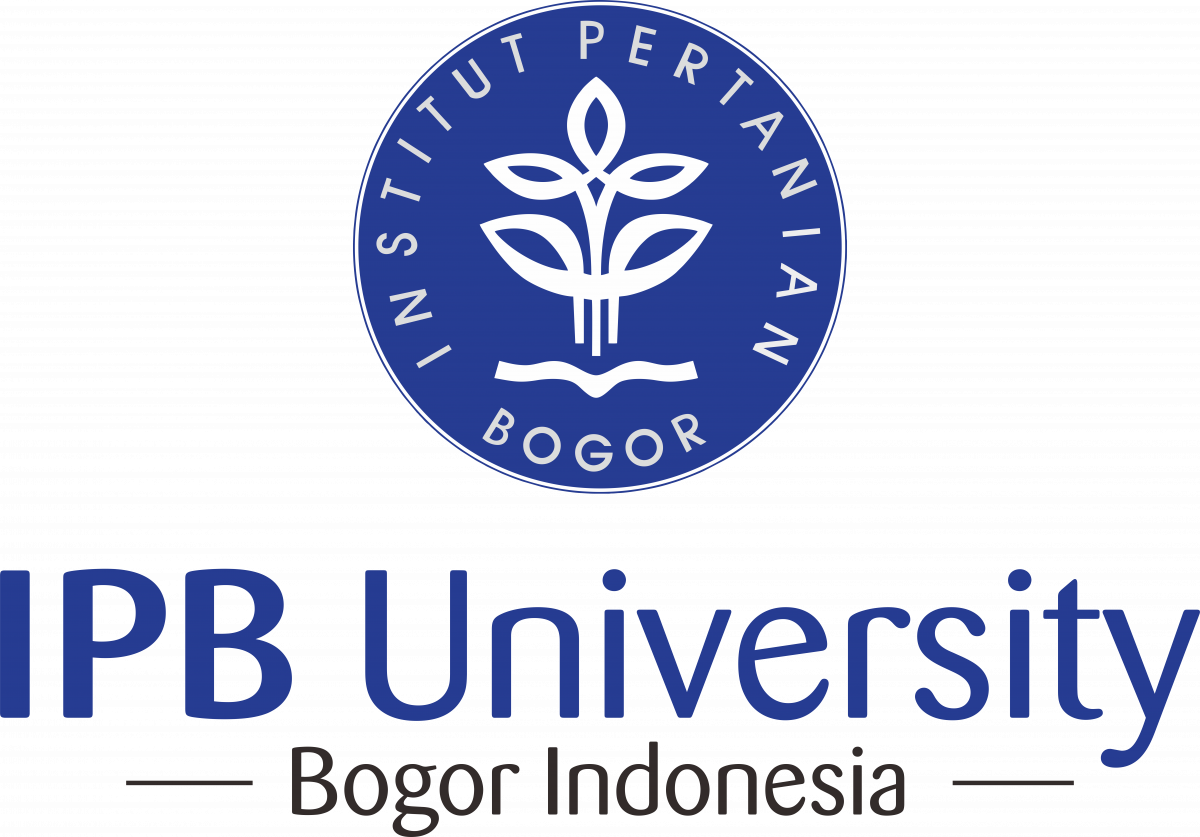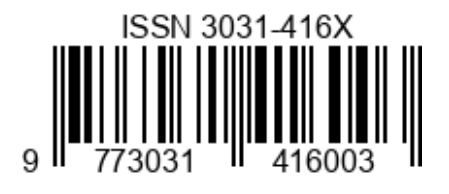Challenges and opportunities for workforce skills in halal agri-food sector to meet global market demands through Halalink application
Abstract
Indonesia is the largest Muslim-majority country in the world and holds significant potential in halal food farming sector. The growing global demand for halal products offers vast opportunities to expand agricultural exports and meet the needs of both domestic and international markets. However, challenges such as a lack of skilled human resources, limited awareness of halal certification processes, and technological barriers, particularly among micro, small, and medium enterprises (MSMEs), hinder the industry growth. Therefore, this study aimed to develop "Halalink," an innovative mobile application designed to address challenges by promoting halal education, collaboration, and compliance with standards. Halalink has three features including (i) Halalearns, with educational content about halal standards, (ii) Halalabs for collaboration among stakeholders, and (iii) Halalassists, which offers continuous guidance to ensure compliance with halal regulations. In conclusion, Halalink is a sustainable solution to enhance public awareness, simplify halal certification process, as well as build a competitive and ethical halal agri-food sector in Indonesia.
References
Abderahman R, Karim R, Kevin D. Halal food supply chains: A literature review of sustainable measures and future research directions. Foods and Raw Materials. 2021;9(1):106-116. https://doi.org/10.21603/2308-4057-2021-1-106-116
Adinugraha HH, Sartika M, Ulama'i AHA. Halal lifestyle di Indonesia. An-Nisbah: Jurnal Ekonomi Syariah. 2019;5(2):57-81. https://doi.org/10.21274/an.2019.5.2.Layout
Ali MH, Suleiman N. Eleven shades of food integrity: A halal supply chain perspective. Trends in Food Science & Technology. 2018;71:216-224. https://doi.org/10.1016/j.tifs.2017.11.016
Allied Market Research. Halal food market insight, size, share | forecast to 2032. 2022.
Anggara FSA. Halal agroindustry: Challenges and opportunities. Al Tijarah. 2017;3(1):65-78. https://doi.org/10.21111/tijarah.v3i1.939
Apriansyah R, Widigdo AMN. The effect of competence, experience, and placement on employee performance Bppsdm Ministry of Agriculture Jakarta with motivation as mediation variable. 2022;5(2):2615-3076.
[BPJPH]. Regulasi halal di Indonesia: Tantangan dan solusi. 2024.
Fathoni MA. Potret industri halal Indonesia: Peluang dan tantangan. Jurnal Ilmiah Ekonomi Islam. 2020;6(3):428-435. https://doi.org/10.29040/jiei.v6i3.1146
Giyanti et al. Commitment to halal practices of Indonesian culinary MSMEs in the post-COVID-19 era. Journal of Sharia and Islamic Studies. 2021;3(1):65-78.
Jannah M. Effectiveness of LPPOM MUI in socializing halal certification to the community in Makassar City. 2019;89.
Nukeriana D. Implementasi sertifikasi halal pada produk pangan di Kota Bengkulu. Qiyas. 2018;3(1):154-166.
Prayuda D, Arby S, Adli I, Al-Ayubi S. Halal industry: Opportunities and challenge in the global market. Al-Infaq: Jurnal Ekonomi Islam. 2023;14(2):267-284. https://doi.org/10.32507/ajei.v14i2.2376
Qomaro GW, Hammam H, Nasik K. Empowerment of micro, small and medium enterprises in the food sector in improving the local economy through halal certification assistance in Tragah District, Bangkalan. Jurnal Ilmiah Pangabdhi. 2019;5(2):137-142. https://doi.org/10.21107/pangabdhi.v5i2.6116
Rahdhiwiyasa P. Peran KNEKS dalam mendorong pengembangan UMKM halal. In: Stefany AL, Hawarina S, Mazzidah LS, Rizki MIA. UMKM Halal dan Ketahanan Ekonomi Indonesia. 2021;13:11-24.
Research Nester. Halal food market size & share | growth trends 2036. 2023.
Sayyidatunisa, Wahidah A, Alam M, Mayasri A, Agya H. Halal food digitalization using the platform design toolkit. Indonesian Journal of Halal. 2020;3(1):64-68.
Setiawan B, Tolle H, Kharisma A. Design and build a mobile application for halal product information. Journal of Information Technology and Computer Science Development. 2018;2(10):3577-3528.
Subaeki B, Jauhari M. Halal info application uses barcode scanner for android smartphones. Journal of Informatics. 2016;3(1):107-117.
Sucipto S, Damayanti RW, Perdani CG, Kamal MA, Astuti R, Hasanah N. Decision tree of materials: A model of halal control point (HCP) identification in small-scale bakery to support halal certification. International Journal of Food Science. 2022. https://doi.org/10.1155/2022/5244586
[UU]. Law of Republic Indonesia Chapter 30 Number 7. Concerning food. 1996.
[UU]. Law of Republic Indonesia N 33 Tahun 2014 Tentang Jaminan Produk Halal. 2014.

Copyright (c) 2025 Mutiara Rachmina Indriani, Naufal Arrahman, Vianda Mayeri Dini, Yuli Rahmawati, Noviyan Darmawan

This work is licensed under a Creative Commons Attribution-ShareAlike 4.0 International License.











